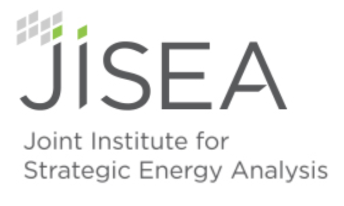New Book: The Political Economy of Clean Energy Transitions
April 12, 2017 — A new book, prepared by the United Nations University World Institute for Development Economics Research (UNU-WIDER) and co-edited by JISEA's Doug Arent, examines the political and economic factors of the transition from fossil fuels to clean energy. Published by Oxford University Press, The Political Economy of Clean Energy Transitions features a broad survey of relevant international experiences with a focus on both developing and developed countries. A downloadable copy of the book is freely available to anyone.
The 21st Conference of the Parties (COP21) to the United Nations Framework Convention on Climate Change shifted the nature of the political economy challenge associated with achieving a global emissions trajectory that is consistent with a stable climate. The shifts generated by COP21 place country decision-making and country policies at center stage. Under moderately optimistic assumptions concerning the vigor with which COP21 objectives are pursued, nearly every country will attempt to design and implement the most promising and locally relevant policies for achieving their agreed contribution to global mitigation. These policies will vary dramatically across countries as they embark on an unprecedented era of policy experimentation in driving a clean energy transition. This book steps into this new world of broad-scale and locally relevant policy experimentation.
